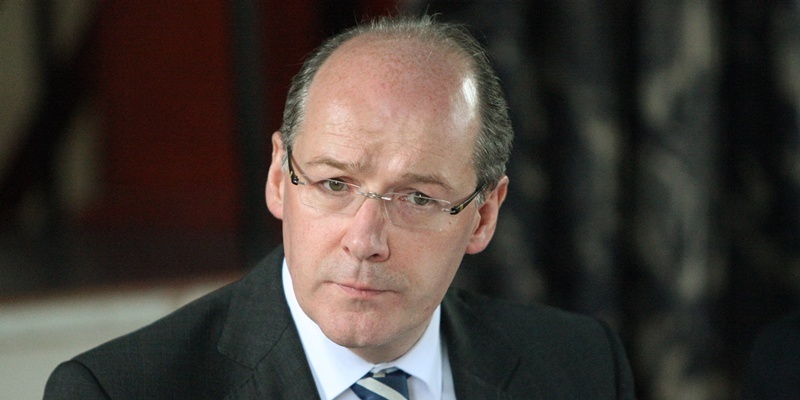Key industries in Tayside and Fife could receive targeted tax cuts under Scottish Government plans to devolve corporation tax.
Finance Secretary John Swinney told The Courier vital industries such as video games, life sciences and renewable energy could benefit from “incentives” if the power was transferred from Westminster to Holyrood.
The Perthshire North MSP was speaking after the SNP administration published a discussion paper claiming devolving the power could improve the economy, support jobs and boost living standards.
“These proposals contain the opportunity to provide specific incentives for businesses vital for the future of the city of Dundee and Fife,” he said.
“This includes the life sciences sector, the computer games industry and renewables. These sectors are contributing enormously to the regeneration of the city of Dundee and must be supported.
“The Scottish Government wants to secure the power to lower the rate and provide incentives for these industries to drive forward the economy.”
Areas of Fife, such as Methil, are also hoping to cash in on the expected renewable energy boom.
The document on corporation tax does not contain precise financial data but outlines some general benefits that would derive from the power being devolved.
“Scotland needs full control of the key economic levers to meet the specific challenges facing the Scottish economy,” Mr Swinney said.
“Control over corporation tax would enable us to boost investment, bringing jobs to communities across Scotland, grow the economy and take the right decisions for Scotland.”
He highlighted figures suggesting a reduction in the corporation tax to 12.5% in Northern Ireland, which also wants to devolve the tax, would create 58,000 jobs, increase living standards and raise annual economic growth.
The paper also contains an analysis of the Basque country, which has a corporation tax rate 2% lower than Spain and a GDP 30% higher than the Spanish average.Canada and GermanyIt also cites examples such as Canada and Germany where at least part of corporation tax is devolved below the national government level.
“The UK Government itself has recognised the crucial role that differences in corporation tax rates can have in narrowing differences in economic performance, as illustrated by its consultation on allowing Northern Ireland to lower their corporation tax rate,” Mr Swinney said.
“There has also been backing from business leaders, with a growing number of Scotland’s most successful entrepreneurs calling for change, such as Jim McColl and Sir Tom Hunter.
“And across the political spectrum there has been support for the principle of devolving responsibility for corporation tax, such as the Steel Commission, as well as the last Scotland Bill Committee.”
However, The Institute of Chartered Accountants of Scotland said that a lowering of the tax would not necessarily result in higher economic activity.
Meanwhile, Scottish Liberal Democrat leader Willie Rennie urged the SNP to “drop their reckless plan.”
“The SNP admits there would be a funding shortfall for public services under their plans to take the tax rate down,” the Mid Scotland and Fife MSP said.
“They admit the shortfall could last for years, but they fail to explain how many nurses and teachers would lose their jobs, and schools and hospitals close to balance the books.”
Labour’s finance spokesman Richard Baker also attacked the SNP plans.
“Today’s paper puts the cart before the horse,” he said. “It argues that Scotland should sign up for a change in corporation tax responsibility before stating what detailed changes the SNP would make.”
A recent HMRC document found a £2.6 billion cost to Scotland of reducing the rate to 12.5%.
